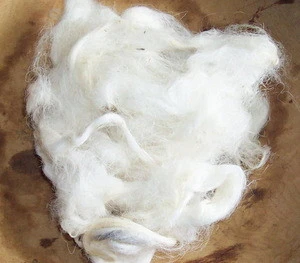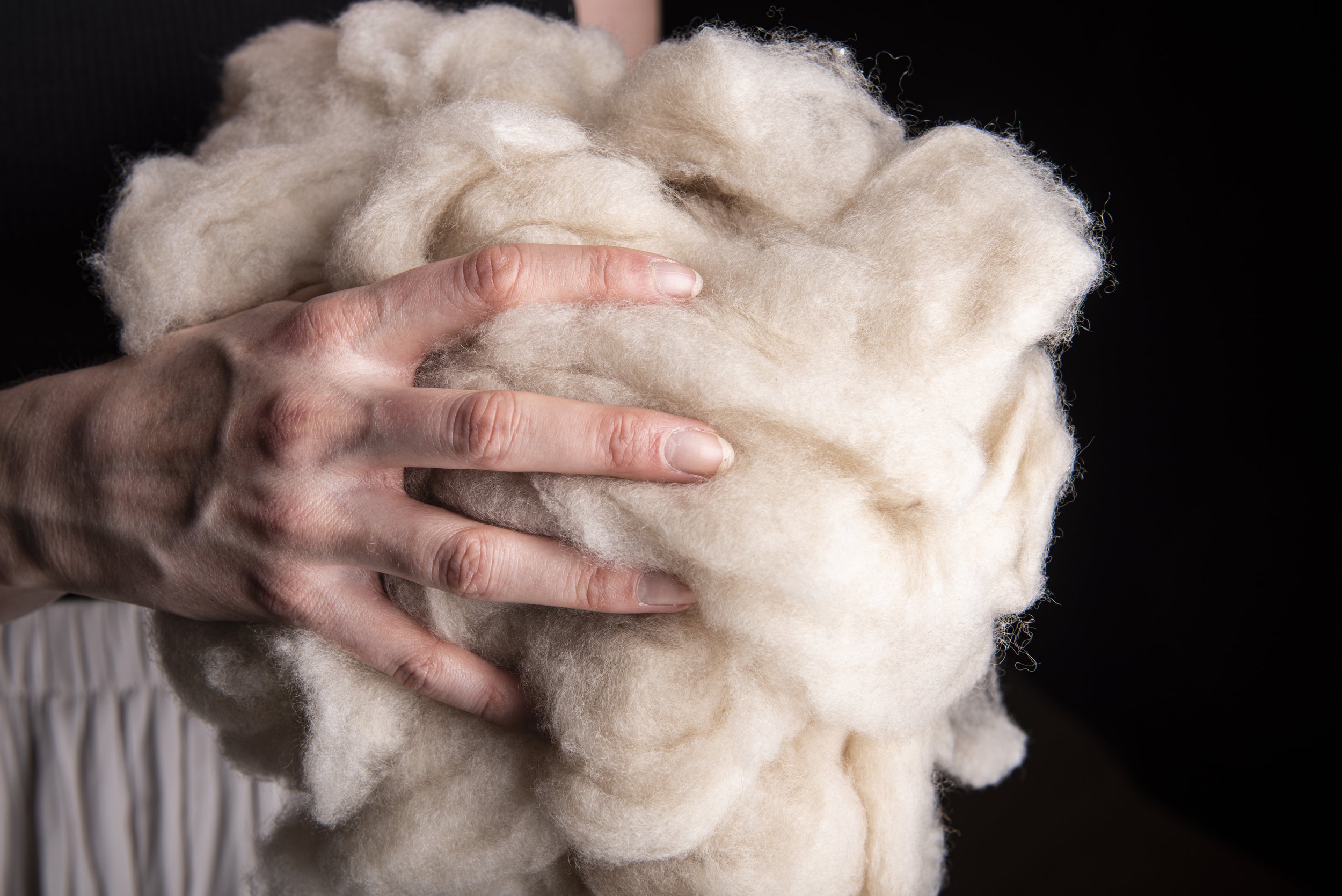What Is Cashmere and How Does It Compare to Other Fabrics?
What Is Cashmere and How Does It Compare to Other Fabrics?
Blog Article
Understanding the Different Sorts Of Cashmere a Natural Fiber and Their One-of-a-kind Benefits

The Origins of Cashmere: A Historic Overview
While the lavish touch of cashmere proceeds to beauty modern consumers, its origins trace back to the severe, chilly climates of Mongolia and the Mountain ranges. For centuries, the native individuals of these areas have actually been raising Capra Hircus goats, the prime source of cashmere wool. These goats, resilient against the extreme winters, grew a fine undercoat to survive, which later on came to be recognized as cashmere.

The Production Process: From Goat to Garment
Shearing a Capra Hircus goat marks the inception of the elaborate cashmere manufacturing process. The resultant raw cashmere is then cleaned to eliminate contaminations such as veggie, oil, and dust issue.
The tidy fiber is subjected to coloring, rotating, and weaving, or knitting, to change it right into a textile. Facility treatments such as quality assurance checks and finishing processes follow, guaranteeing the end product maintains the extravagant requirement expected of cashmere. This painstaking process, from goat to garment, justifies the high price affixed to cashmere items, making them a sign of high-end and refinement.
The Numerous Kinds Of Cashmere: An In-depth Evaluation

The Distinct Benefits of Cashmere: Convenience and Sustainability
Relocating from the selection of cashmere types to the benefits they provide, comfort and sustainability attract attention prominently. Cashmere, a natural fiber, is renowned for its exceptional soft qualities, giving a level of comfort that synthetic fibers can't match. The material's lightness, yet excellent heat retention, makes it ideal for all seasons. Cashmere's natural elasticity allows it to return to its original form, making it immune to reducing or stretching.
When it involves sustainability, cashmere is eco-friendly and sustainable, as it's harvested from cashmere goats who regrow their layers each year. what is cashmere. Unlike artificial fibers which can take centuries to break down, cashmere's influence on the setting is very little. This mix of comfort and sustainability makes cashmere an advantageous option for conscious customers

Caring for Your Cashmere: Upkeep and Conservation Tips
While cashmere is definitely a sustainable and lavish option, it requires particular like preserve its quality and expand its life-span. To begin, cashmere should be hand washed utilizing cold water and a light detergent. Stay clear of turning or wringing the garment as it can damage the fibers. Rather, delicately eject excess water and lay it level on a towel to completely dry. Furthermore, cashmere things must be kept in a trendy and completely dry location, away from direct sunshine and dampness. Using moth repellents can shield these garments from potential damage. Finally, it's recommended to stay clear of hanging cashmere to stop extending. Instead, fold and shop them properly to maintain their shape and high quality over time.
Buying Cashmere: Understanding Its Value and Well Worth
Although cashmere might originally appear like a see this costly investment, its long-lasting worth and worth come to be obvious when you consider its exceptional top qualities. Known for its unmatched softness and warmth, cashmere is a premium all-natural fiber that outmatches various other materials. Spending in cashmere, as a result, is not simply concerning existing fashion trends, however about embracing a lasting, resilient, and glamorous way of living.
Conclusion
In recap, the kind of cashmere one selects, be it Mongolian, Chinese, or Italian, is dictated by private preferences for heat, budget plan, sustainability, and deluxe. The worth of cashmere extends past its rate, with convenience and long life including in its well worth. Appropriate care and upkeep can ensure its preservation. As a result, recognizing the look at here origins, production process, and distinct benefits of various kinds of cashmere can direct consumers in their investment in this glamorous all-natural fiber.
Whether it's the phenomenal heat of Mongolian cashmere, official source the price of Chinese cashmere, or the eco-conscious manufacturing of Italian cashmere, there's a story to be discovered behind each fiber kind. Cashmere, a natural fiber, is renowned for its unparalleled soft qualities, offering a level of comfort that artificial fibers can not match.When it comes to sustainability, cashmere is sustainable and biodegradable, as it's collected from cashmere goats who regrow their coats annually. Known for its exceptional softness and warmth, cashmere is a costs natural fiber that outmatches other materials. Recognizing the origins, production procedure, and unique advantages of various kinds of cashmere can guide customers in their investment in this elegant natural fiber.
Report this page